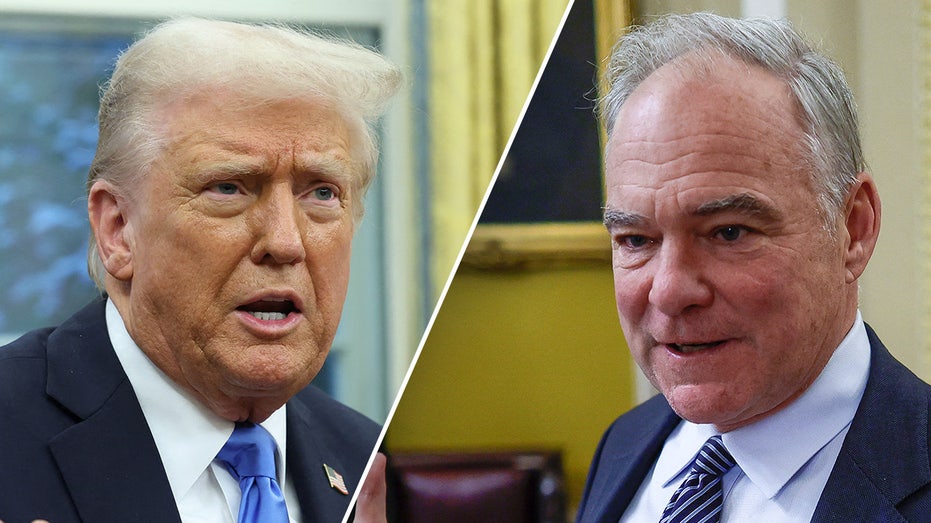
It may be April Fool’s Day, but this is no joke. At a time when many Canadians are struggling to make ends meet, Canadian MPs have received a pay raise , according to the updated Members’ Allowances and Services Manual. The April 1 increases range from $6,700 to an extra $13,400.
A backbench MP will now be making $209,800 (up from $203,100 in 2024), while the leader of the opposition, the Speaker and cabinet ministers will take home $309,700 (up from $299,900 last year). The prime minister will earn $419,600 (up from $406,200). The annual adjustments are legislatively mandated in the Parliament of Canada Act , says Olivier Duhaime, media relations director with the Office of the Speaker.

The remuneration packages “are adjusted each year on April 1” based on an index of average-percentage increases in wages established in major settlements negotiated in the private sector, he added in an email to the National Post. “This index is published by Employment and Social Development Canada within three months (of) the end of each calendar year.” The updated allowances manual shows the compensation for everyone from the prime minister down through party leaders, chief and deputy whips, caucus chairs, committee chairs and backbenchers.
But Canadians are questioning this set of annual increases — as they have in recent years, according to the Canadian Taxpayers Federation . “Politicians don’t deserve a raise especially when millions of Canadians are struggling,” says Franco Terrazzano, federal director of the Canadian Taxpayers Federation. The overwhelming majority of taxpayers say MPs don’t deserve a raise, he added in an email to the National Post.
“If party leaders want to prove they care about taxpayers, they should stop the MP pay raises.” The CTF commissioned a poll from Leger that shows almost 8 in 10 Canadians disagree with the increase. “While 20 per cent only somewhat oppose the raise.
..59 per cent are strongly opposed, particularly those aged 35+, living outside Quebec, and living in rural communities,” according to the Leger polling results.
Conversely, according to Leger, men, younger Canadians (aged 18-34), Quebecers, Canadians in urban or suburban areas, and BIPOC individuals support the proposed raise in salary for MPs. “These results closely mirror those from 2024, when 80 per cent opposed and 13 per cent supported the MPs’ salary increase,” says Leger. He pointed to the Stephen Harper government stopping the annual increases as Canadians coped with the fallout of the 2008-09 financial crisis.
.















